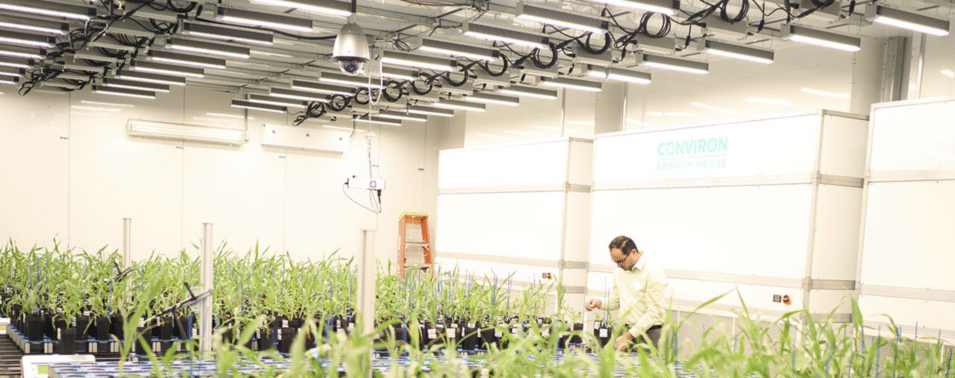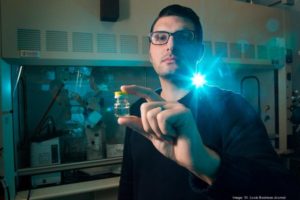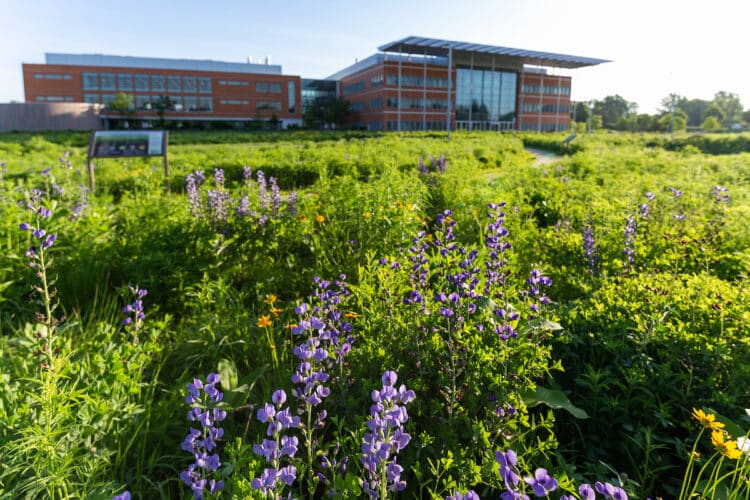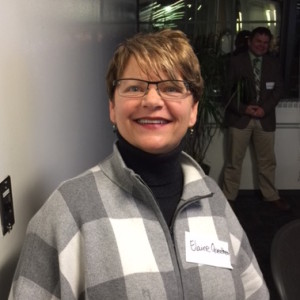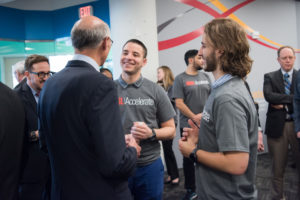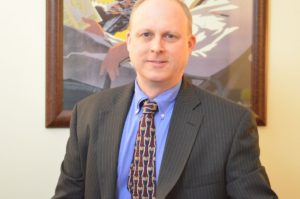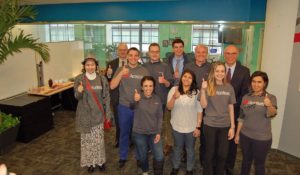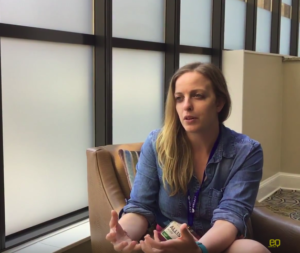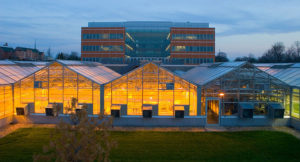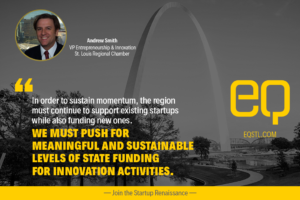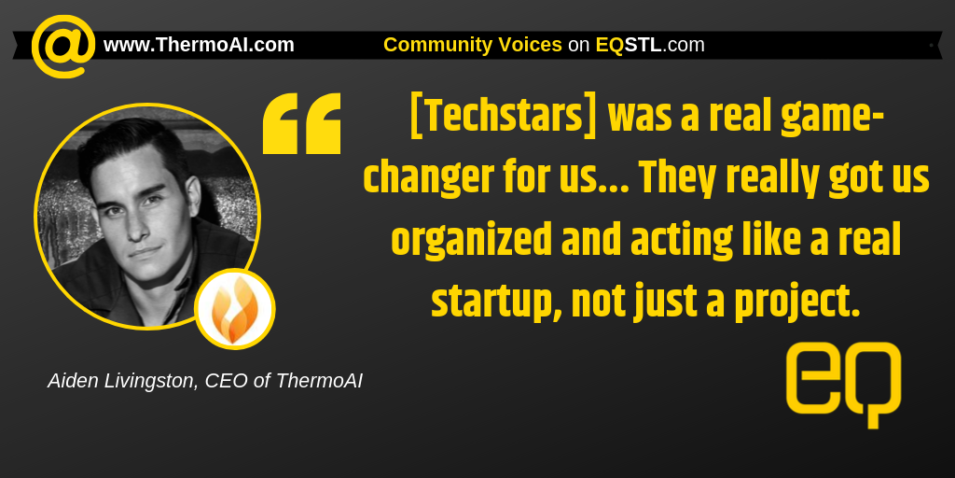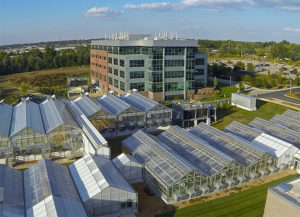Presented by iSelect Fund
Can St. Louis Become the Next Bioscience Hub?
The growing list of bioscience companies bringing their research and operations to STL has forced many to take notice of the city's place in the industry's evolving landscape
The growing list of bioscience companies bringing their research and operations to STL has forced many to take notice of the city’s place in the industry’s evolving landscape. The experts at Tansna Therapeutics have first-hand knowledge of St. Louis’ emerging role, and believe our city could be on the brink of becoming the next major bioscience hub in the United States.
Tansna Therapeutics, which moved from Iowa to Missouri in 2013, is uniquely poised to address this issue. The company is currently developing therapies for central nervous system disorders, with an emphasis on epilepsy treatment.
One of the products in development is an anticonvulsant that aims to help the 30 percent of all epilepsy patients who aren’t able to receive adequate seizure control from products currently on the market.
But the compounds they are developing, which have already shown progress in animal trials, could also offer relief to sufferers of chronic pain, as well as other neurological conditions like anxiety.
The team behind these ground-breaking medical developments are industry experts, like the company’s vice president of research and development, Alan MacInnes, who has nearly 20 years of research and development experience with Pfizer and also serves as an Entrepreneur in Residence with BioGenerator.
Deeply involved not only with the science at work, but with the ecosystem on a larger scale, MacInnes can attest to the growth of biosciences in STL. He says, “I have a front-row view of the tremendous breadth and depth of early-stage life-sciences activity here in St. Louis. Tansna, with its strong scientific foundation and experienced management team, really exemplifies the world-class quality of the companies that St. Louis is producing and attracting.”
MacInnes adds St. Louis could become a key bioscience hub. In fact, he says it’s is already well on its way, “The city is already a world leader in commercial life-sciences activity for agricultural applications.”
“Its potential in the medical arena is driven by several factors. One is the first-rate research being conducted at Washington University, Saint Louis University and other local research institutions—from the basic science perspective, there is a tremendous amount of biomedical innovation occurring in St. Louis.
“Secondly, the region’s support network for young life-sciences companies trying to commercialize that innovation is remarkable. BioGenerator and other organizations have really built an ecosystem in which fledgling companies have access to the seed capital, mentorship and equipped laboratory space that they need to get off the ground. Tansna’s use of the BioGenerator Labs in the CORTEX building, for example, has been critical to that company’s success,” he continues.
Tansna president Dr. Mark Robbins, a veteran of more than three decades in the pharmaceutical industry, can also testify to the support the company has received since bringing operations into what he calls the “thriving life-sciences ecosystem” here in St. Louis.
“Our mission is to improve the lives of patients suffering from debilitating central nervous system disorders,” Robbins says. “The strong support of local investors, such as BioGenerator, Missouri Technology Corporation and iSelect Fund, have been critical to our continued pursuit of that mission.”
MacInnes notes that the city’s history with research has also played into the current bioscience system. “St. Louis is home to a considerable number of industry-experienced drug-development professionals from its former days as a major research site for Pfizer, one of the world’s largest pharmaceutical companies,” he says. “I am one of many ex-Pfizer scientists who are now turning their attention, skill and expertise to advancing local start-ups such as Tansna.”


